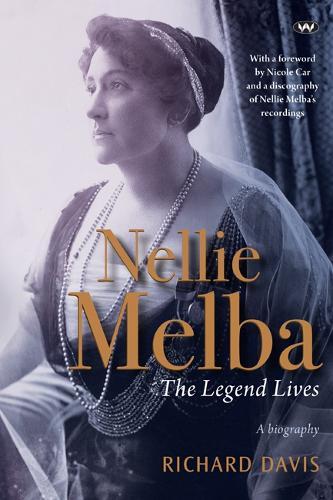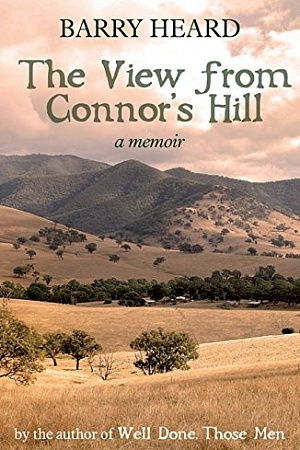Show Me Where It Hurts: Living with invisible illness
Text Publishing, $34.99 pb, 286 pp
Living the unspeakable
Virginia Woolf wrote that when trying to communicate about pain as a sick woman ‘language at once runs dry’. How does one talk about wounds without fetishising their workings, and how in a society where pain is taboo does one speak of it authentically? In Show Me Where it Hurts, writer and journalist Kylie Maslen balances the difficulty of this equation: telling the story of her disability and having that story remain fundamentally unspeakable. The act of telling remains for Maslen ‘a rejection of language’, and yet the thing on the table for those suffering is ‘the desire to make ourselves known’.
This is well-trodden terrain in the echelons of theory. There are shades here of Elaine Scarry’s contention that pain breaks language, but Maslen’s approach is visceral, practical. It has to be. Theory would be a privilege. She navigates the urgent, sublimated world of pain’s inexpressibility in ways that are fresh and inventive. More importantly, they are the authenticities of the life she lives.
People ask, ‘How are you?’
What I want to say:
I’m running out of words.
What I actually say:
‘About the same.’
Doctors: ‘Give that to me as a number from one to ten.’
Continue reading for only $10 per month. Subscribe and gain full access to Australian Book Review. Already a subscriber? Sign in. If you need assistance, feel free to contact us.















Leave a comment
If you are an ABR subscriber, you will need to sign in to post a comment.
If you have forgotten your sign in details, or if you receive an error message when trying to submit your comment, please email your comment (and the name of the article to which it relates) to ABR Comments. We will review your comment and, subject to approval, we will post it under your name.
Please note that all comments must be approved by ABR and comply with our Terms & Conditions.